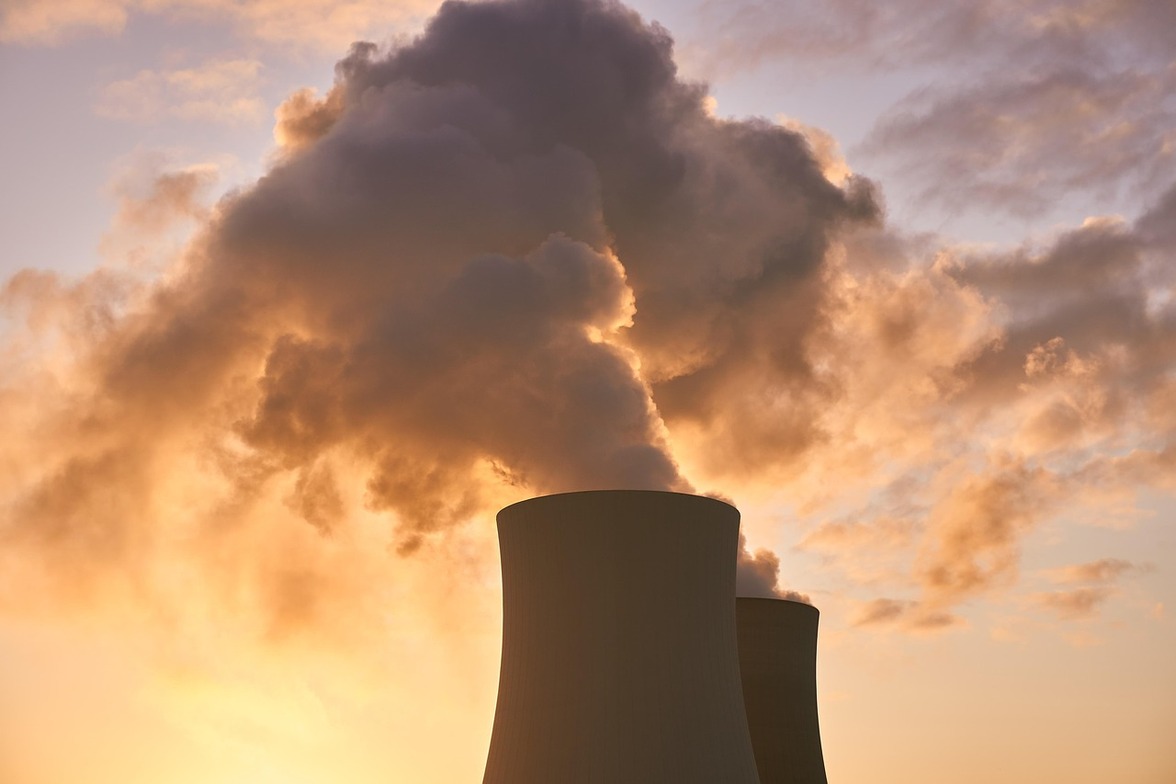
Psalm 8 is a magnificent poem extolling both God the Creator and humankind, whom the psalmist declares to be God’s supreme creation. “You made [mortals] a little lower than God / and crowned them with glory and honor,” the poet says in verse 5, and then goes on to spell out what that means on a practical level. “You have given them dominion over the works of your hands; / you have put all things under their feet, / all sheep and oxen, / and also the beasts of the field, / the birds of the air, and the fish of the sea, / whatever passes along the paths of the seas” (vv. 6–8).
This description echoes the account in Genesis 1, in which God blesses the newly minted humans and tells them, “Be fruitful and multiply, and fill the earth and subdue it; and have dominion over the fish of the sea and over the birds of the air and over every living thing that moves upon the earth” (Gen 1:28). There’s that word again: “dominion.” As the crowning achievement of God’s creative work, humanity has the privilege and obligation to exercise dominion over the rest of creation. It’s an enormous responsibility.
And, according to many of our species, a blank check. This idea of dominion over the rest of creation, coupled with the assertion that we are only “a little lower than God and crowned . . . with glory and honor,” has led to a domineering approach to our fellow creatures and often to the curious notion that we are somehow set apart, disconnected from creation, so much so that we think and talk about creation as something “over there,” fundamentally different and separate from us. Especially since the Industrial Revolution of nineteenth century Europe and America, we have reinforced this sense of disconnection to the point that we feel the created world is ours to exploit for any purpose we deem expedient. The result of this rapacious approach to the nonhuman world can be seen more clearly every day: we are making our planet unlivable for ourselves and millions of other species—“every living thing that moves upon the earth.”
Whether it’s overfishing the North Atlantic, clearcutting the Amazonian rain forest, or pumping megatons of carbon into the atmosphere from our SUVs and coal-powered factories, we have given ourselves permission to dominate creation, to use it for our own ends and convenience. Worse, we have read texts such as Genesis 1 and Psalm 8 as though God has given us permission to do these things. But despite the similarities among the words, “dominion” has a very different meaning from “domination” or “domineering.” And that difference may be the key to our pursuing a different path when it comes to our relationship with the web of creation we are such an inseparable part of.
To “dominate” means to use, lord it over, exploit—definitions all having decidedly negative connotations. It’s telling to consider that Walter Wink and other theologians have coined the term “Domination System” to delineate the fallen world, the matrix of culture, philosophy, and power relationships that are indelibly opposed to God and God’s way.
To “have dominion,” on the other hand, means something quite different. No less an authority than Jesus himself makes the distinction in the tenth chapter of the gospel of Mark. In the wake of James and John’s attempted power grab (see Mark 10:35–40), Jesus calls his twelve core disciples together and says, “You know that among the Gentiles those whom they recognize as their rulers lord it over them, and their great ones are tyrants over them. But it is not so among you; but whoever wishes to become great among you must be your servant, and whoever wishes to be first among you must be slave of all” (Mark 10:42–44). The way of “the Gentiles” is the way of domination: “lording it over” and acting as “tyrants.” But in Jesus’s community, “becoming great” or “being first”—in other words, having dominion—means serving and willingly taking on a lower status.
How would our world look different if we began to treat other persons, other ethnic groups, and other species as more important than ourselves, and made the commitment to serve and honor them? What if we turned from exploitation to care, from taking to giving, from dominating to exercising Christlike dominion?
Climate change is real and is already affecting lives (human and non-human) all around the world. As followers of Jesus, we are obliged to live in hope that it is not too late to make a difference. What better way to show our care for the world we share with the trees, mosses, alligators, protozoa, wildebeests, bacteria, and all the rest of creation than to learn to exercise dominion as service and true, humble stewardship! After all, that’s the way of Jesus, who “came not to be served but to serve, and to give his life a ransom for many” (Mark 10:45).

